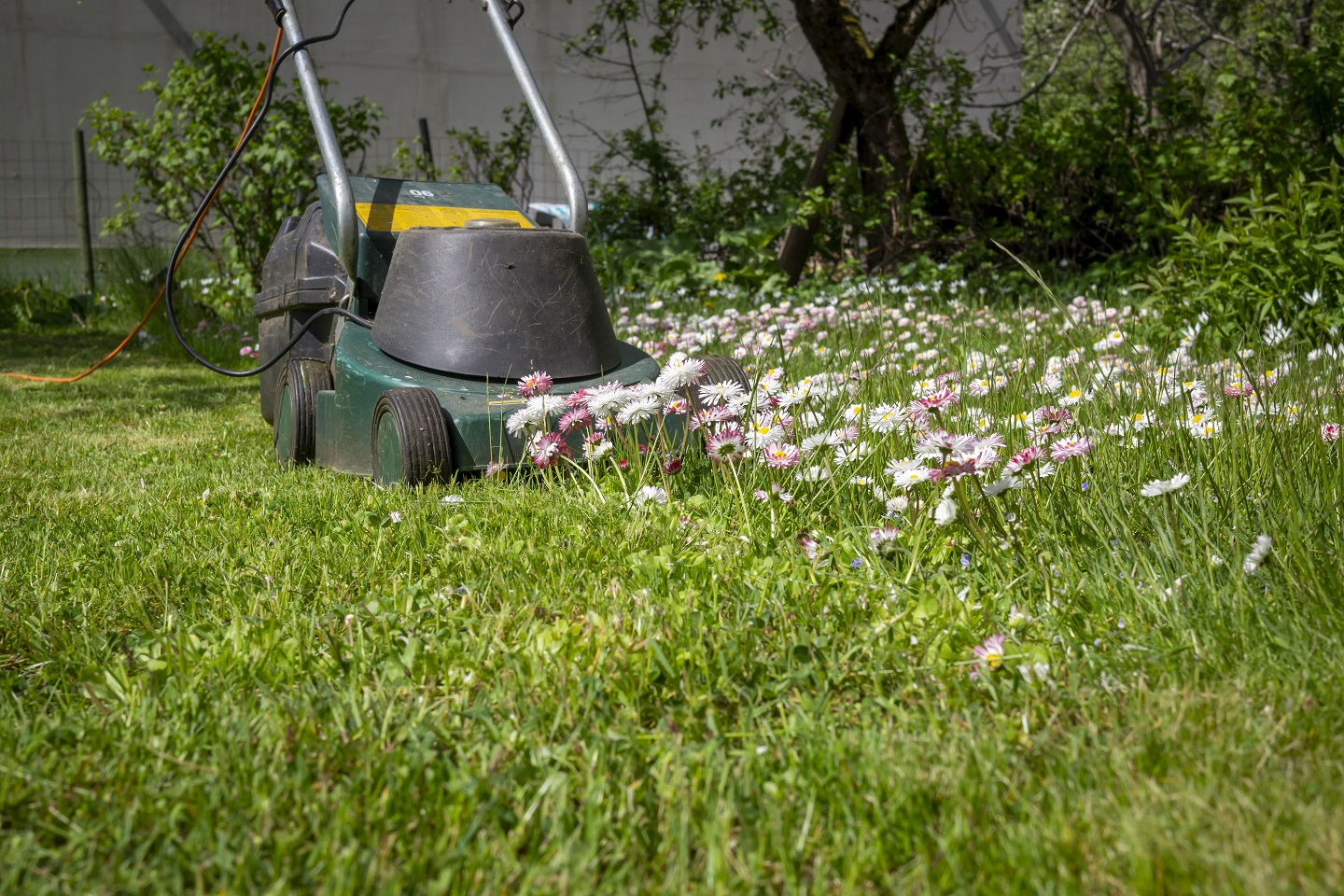Some parents overlook the importance of their children developing coping skills and resilience.


If teachers spoke with one voice on any issue it would be in agreement that not all parents are created equal.
Over the years, teachers will have seen myriad parenting styles come and go, based on what was considered the best method at any particular point in time.
More recently – and amplified by fallout from the COVID-19 pandemic – a relatively new style of parenting has set off sirens across schoolyards around the state.
Called ‘lawnmowing parenting’ because of the way parents appear to mow down every single obstacle in their child’s way, critics say this approach robs children of much-needed preparation for adulthood.
Disturbingly, the lawnmower parent has taken over from the helicopter parent.
Helicopter parents got a poor rap for obsessive (albeit well-intentioned) hovering over young children and adolescents, watching their every move and making an emergency landing (intervening) whenever a challenge arose.
Although helicopter parenting was regarded as extreme, many teachers developed the necessary skills to minimise the negative impact on children.
Lawnmower parents, on the other hand, are a new force to be reckoned with.
As many educators will attest, lawnmower parents are a major threat when it comes to undermining the life skills that teachers strive to impart to their students.
While helicopter parents were known for watching their children’s every move and ‘landing in’ to help sort out problems, lawnmower parents take matters a giant leap forward.
They do everything in their power to mow down – or even bulldoze – obstacles before their children are even exposed to them.
The sole purpose of the lawnmower parents is to safeguard their children from even a whiff of a struggle.
If you remove a child from any activity that they might find challenging, complete your child’s homework for them because they have not been able to manage their time effectively, or email teachers to have a child excused from a particular activity because it’s not their thing, then you are on the road to becoming a lawnmower parent.
Lawnmower parents transform their children’s lives from a naturally rocky path with the occasional and expected trip-up to a smooth green path the envy of the best golf course.
Many parents will tell you that raising children is the best experience of their lives.
Some of those parents will also explain that parenthood can be fraught with worry and anxiety as they try to shepherd their children through a recession, high unemployment, globalisation, social media, automation and now a pandemic that has wreaked havoc on our lives.
It is hardly surprising some parents choose to cut down any problems their offspring may encounter.
At the same time, though, raising young children and adolescents without exposing them to some form of struggle or challenge will do no-one any favours.
Removing every obstacle for a young child or adolescent is akin to taking away first-hand opportunities to learn problem-solving techniques.
Experts predict that young children and adolescents raised by lawnmower parents will find it difficult to deal with everyday experiences such as asking for simple directions, dealing with a minor conflict with a friend, or approaching a university teacher with questions about a project.
Some will struggle to make decisions without the guidance of others, while another cohort will end up being disinterested in taking the initiative to get things done.
More disturbingly, as children get older, some might lose confidence because of a mistaken belief they are not good enough to tackle challenges or difficulties themselves.
Lawnmower parents will lessen the ability of their offspring to cope with issues, challenges, and even opportunities.
It is better for children and young adults to learn to deal with disappointment, the consequence of wrongful actions or decisions, and outright failure, within a supported environment like the home or school, instead of later in adulthood where the same level of support is rarely available.
Some experts see this as an important part of the character-building process.
As parents, we should not prevent every problem from occurring, although we can be there to console our children and help them to pick up the pieces.
And it is not just children and adolescents who experience the fallout associated with a lawnmower-style of parenting.
Parents who consistently take on every single issue for a child can end up being more stressed, tired, and overwhelmed.
But before you roll your lawnmower back into the shed or put it up for sale, consider keeping this tool on standby for occasions when obstacles need to be removed.
For example, when children or adolescents are bullied, either at school or online, parents need to be involved by working closely with a school to resolve the problem, rather than leaving it up to the victim to fix.
If you are a lawnmower parent, it is never too late to retreat and allow children the experience of highs and lows of life – under a watchful parental eye.
And while the teachers will appreciate your new approach, backing off just a fraction could be the kindest, most supportive and important act you ever do for your child.
Professor Gary Martin is chief executive officer at the Australian Institute of Management WA






